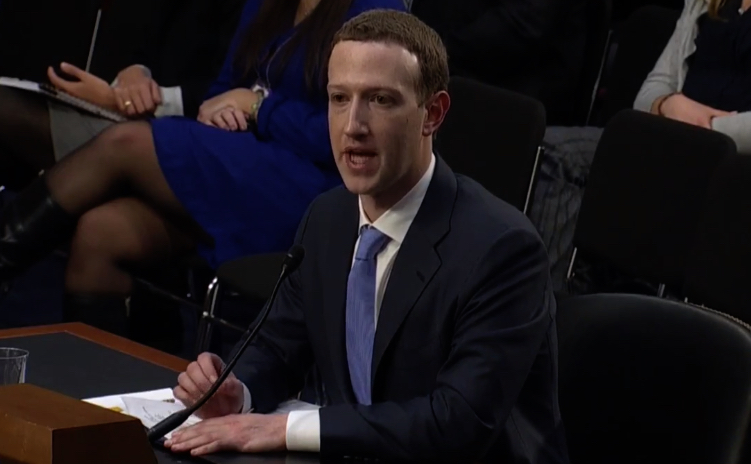Zuckerberg stands by Facebook’s ad-supported business model during congressional hearing
Facebook founder Mark Zuckerberg has emphasised the company’s commitment to its advertising funded model for the foreseeable future.
Answering questions before a US congressional committee examining the Cambridge Analytica scandal in Washington today, Zuckerberg stated “there would always be a version of Facebook that is free” but didn’t rule out the possibility of a future subscription version.

Zuckerberg: “We think offering an ad-supported service is the most aligned with our mission”

